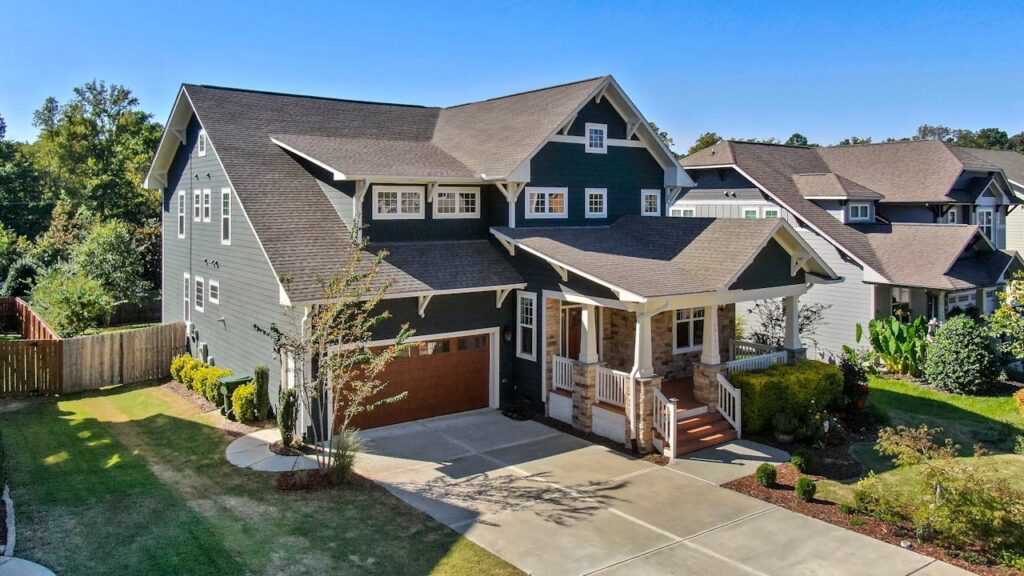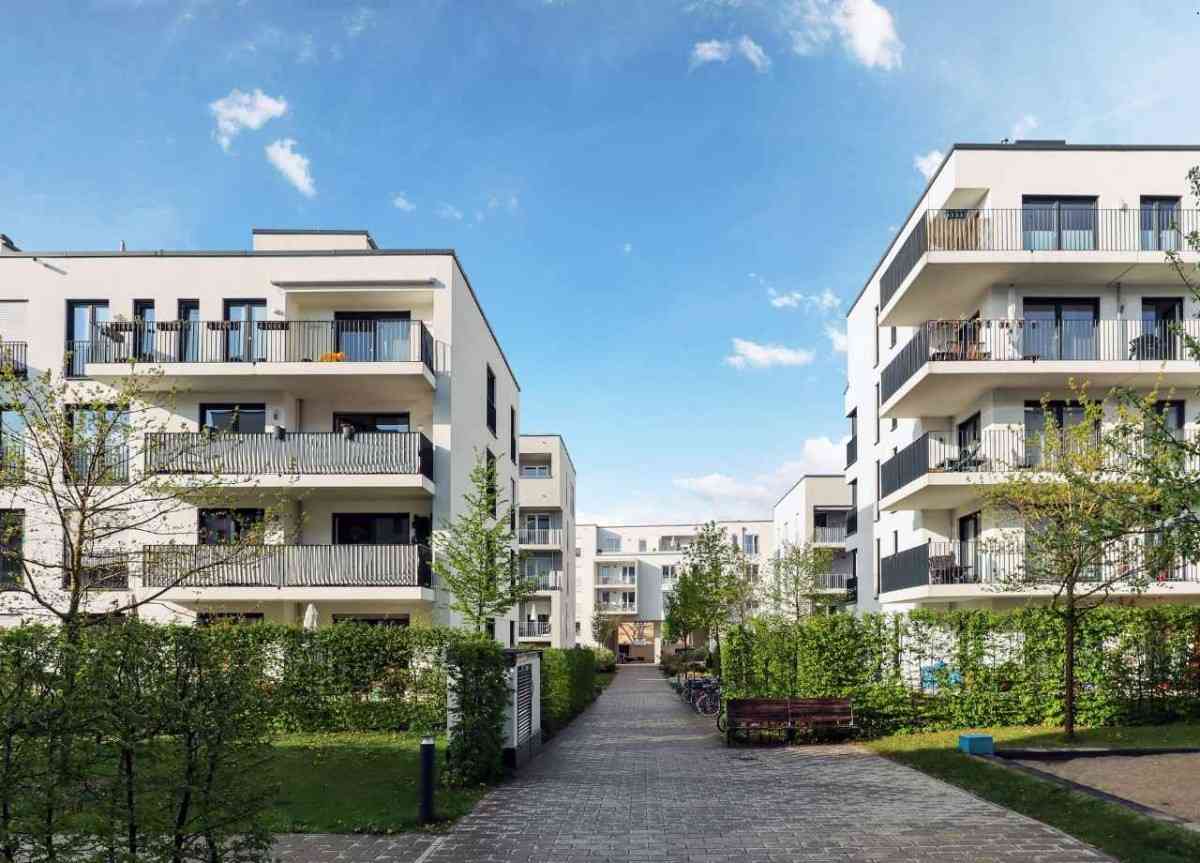Managing a residential block involves more than just keeping the lights on and the grass trimmed.
Pest control is one of the most critical aspects that often goes unnoticed until there’s a problem. Pests in a residential block can range from nuisances like ants and flies to more serious infestations like termites and rodents, all of which can compromise the structural integrity of the buildings and the health of the residents.
This guide explores the significance of integrating effective pest control strategies within residential block management to ensure a clean, safe, and desirable living environment for all tenants.
Understanding Residential Block Management
Residential block management, sometimes known as estate management, involves overseeing the various aspects of residential communities, which may include multiple housing units and common areas. The primary role of a block manager is to ensure that all aspects of the property are well-maintained, which includes everything from building maintenance to landscaping, and crucially, pest control. Effective management ensures that residents have a pleasant living environment and that the property itself retains its value and appeal.
Block managers must coordinate a wide range of activities to keep everything running smoothly. They are often the first point of contact for residents’ concerns about maintenance issues, including pest sightings. Therefore, having a solid understanding of the challenges and solutions associated with pest control is essential. This knowledge enables them to respond swiftly and efficiently to prevent minor issues from becoming major infestations.
Challenges of Pest Control in Block Management
Pest control in a multi-unit residential setting presents unique challenges that require specialized strategies compared to single-family homes. One of the primary difficulties is the sheer scale of managing multiple units and common areas, each of which can be a potential entry point or breeding ground for pests. Moreover, the close proximity of units means that an infestation in one apartment can quickly spread to others, complicating eradication efforts.
Another significant challenge is the diversity of residents living in such communities. Different habits and standards of cleanliness can affect pest control measures. For example, while one resident may be diligent about garbage disposal and food storage, their neighbor might not be as careful, potentially attracting pests like rodents or cockroaches. Additionally, common areas such as laundry rooms, gyms, and lobbies provide communal spaces where pests can thrive if not properly maintained.
Communicating with residents about pest control is also a crucial challenge. Ensuring that all residents are informed about the importance of their role in pest prevention, understanding their concerns, and educating them on how to minimize risks are all part of a block manager’s responsibilities. This communication must be clear, consistent, and constructive to foster cooperation from residents, which is essential for the success of any pest management strategy.
Residential Block Management Services
Residential block management services encompass a wide array of responsibilities, with pest control being a crucial component. These services aim to create and maintain a clean and safe environment for all residents by managing the many facets of property care. Pest control within these services is not just about responding to infestations as they occur; it’s about implementing preventative measures and regular maintenance to ensure that pests do not become a problem in the first place.

A comprehensive pest control plan as part of block management typically includes regular inspections of all communal areas and individual units, if access is permitted. This proactive approach helps identify potential issues before they escalate into serious problems. These inspections are often carried out by professional pest control companies contracted by the block management to ensure that any treatments used are safe, effective, and cause minimal disruption to residents.
In addition to handling immediate pest issues, residential block management services also focus on educating residents about how they can contribute to preventing infestations. This might include guidelines on proper food storage, waste disposal, and recommendations for minimizing clutter and other potential pest harborage areas within their homes.
Role of Block Managers in Pest Control
Block managers play a pivotal role in coordinating and overseeing the implementation of effective pest control strategies within residential blocks. Their responsibilities begin with choosing the right pest control professionals to service the property and extend to ensuring that all aspects of the pest management plan are executed properly.
An important part of a block manager’s role is to facilitate communication between the pest control service providers and the residents. This involves informing residents of scheduled inspections, treatments, and any precautions they may need to take before and after treatments. Block managers also need to be responsive to residents’ reports of pest issues, ensuring that these are addressed promptly and effectively to maintain trust and satisfaction among the community.
Moreover, block managers must keep detailed records of all pest control activities, including the dates of service, the types of treatments performed, and areas treated. This documentation is essential not only for tracking the effectiveness of the pest control measures but also for compliance with health and safety regulations that apply to residential property management.
Strategies for Effective Pest Control in Residential Blocks
Developing and implementing effective pest control strategies in residential blocks requires a well-thought-out plan that considers the specific needs and layout of the property. One key strategy is the integration of pest proofing measures during routine maintenance checks. This can involve sealing cracks and crevices, fixing leaks that might attract pests, and installing barriers to entry such as door sweeps and window screens.
Another vital strategy is the management of communal trash disposal areas, which can often be a major attractant for pests. Ensuring that these areas are clean, well-maintained, and that garbage is regularly removed can significantly reduce the likelihood of pest infestations. Additionally, landscaping maintenance can play a role in pest control by keeping bushes and trees trimmed back from buildings to reduce access points for pests.
Education and communication with residents are also crucial strategies for successful pest management. Providing residents with regular updates about pest control measures and tips on how they can maintain their units to prevent pests will foster a collaborative effort between the management and residents. This partnership is essential for the long-term success of any pest management strategy in a residential block setting.
Implementing a Pest Control Plan for Residential Blocks
Creating a pest control plan for a residential block requires careful consideration and strategic planning. The first step is to conduct a thorough assessment of the property to identify any current pest issues and potential risk areas. This assessment should include both the interior and exterior of the building, focusing on places where pests are likely to enter or reside.
Once the assessment is complete, the next step is to develop a tailored pest control plan. This plan should outline specific measures for prevention, monitoring, and intervention. It should detail the frequency of pest inspections and the types of treatments that will be used, ensuring they are safe for use in populated residential areas and effective against the types of pests identified during the assessment.
Collaboration with a professional pest control service is crucial in this phase. These experts can provide insights into the most effective strategies and help implement them. They can also offer training for the residential block staff on how to handle minor pest issues and when to call professionals.
Monitoring and Adapting Pest Control Measures
Monitoring the effectiveness of the implemented pest control measures is critical. This ongoing process helps ensure that the strategies in place are working and allows for adjustments to be made as necessary. Regular feedback from residents about any pest sightings or issues should be encouraged and used as part of the monitoring process.
If a particular strategy is not yielding the expected results, it may be necessary to adapt the approach. This could involve increasing the frequency of treatments, using different pest control methods, or even re-assessing parts of the building that may have been overlooked initially. Keeping a flexible approach to pest control will help in maintaining the effectiveness of the pest management plan over time.
Effective pest control is a critical component of residential block management. It not only contributes to the physical upkeep of the property but also enhances the living conditions for all residents. For block managers, understanding the importance of comprehensive pest management strategies and implementing a proactive pest control plan are key to preventing infestations and ensuring a pleasant living environment.





